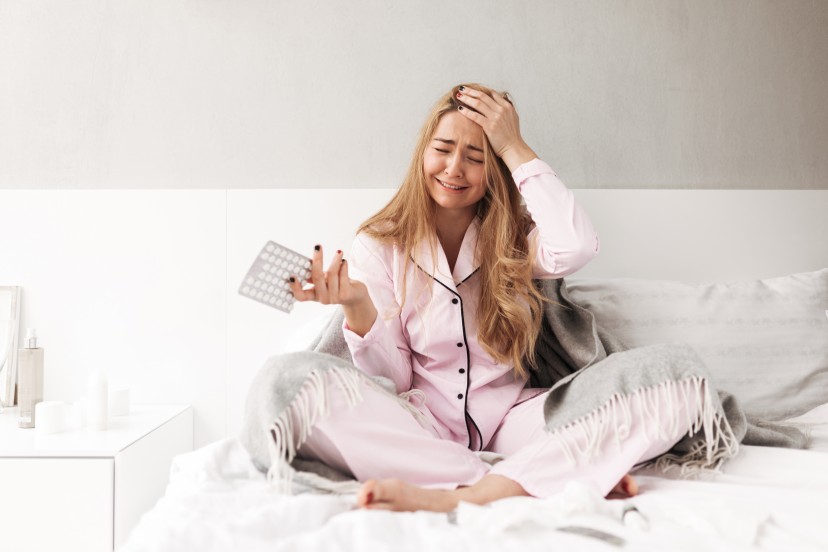Had unprotected sex or a condom mishap?
Itís natural to feel a bit anxious.
The morning-after pill can be an effective way to prevent an unwanted pregnancy ó but itís also surrounded by a lot of questions and misunderstandings.
In this article, weíll answer the most common questions about emergency contraception:
➡ How the morning-after pill works
➡ When to take it
➡ Possible side effects
➡ When it might not work
Letís get straight to it.
What is the morning-after pill?
The morning-after pill is a form of emergency contraception used to prevent pregnancy after unprotected sex or contraceptive failure ó like a broken condom or a missed birth control pill.
It's important you know:
➡ It is not an abortion pill.
➡ It works by delaying or preventing ovulation, which stops fertilization from happening.
➡ Itís meant for occasional use only ó not as a regular contraceptive method.
How long after sex can you take the morning-after pill?
This is one of the most frequently asked questions ó and for good reason.
There are two main types of morning-after pills, and timing depends on which one you use:
➡ Levonorgestrel (the most common): effective up to 72 hours (3 days) after sex
➡ Ulipristal acetate: effective up to 120 hours (5 days) after sex
⚠️ The sooner you take it, the better. For best results, take it within 12 to 24 hours.
What are the side effects of the morning-after pill?
Itís important to know what to expect.
While side effects are usually mild and short-lived, they can include:
➡ Dizziness
➡ Fatigue
➡ Headache
➡ Nausea or vomiting
➡ Breast tenderness
➡ Changes in your menstrual cycle (early or delayed period)
⚠️ Frequent use can disrupt your cycle and reduce the effectiveness of your regular contraceptive method.
Can the morning-after pill fail?
UnfortunatelyÖ yes. Even though itís very effective, itís not 100% guaranteed.
It may not work if:
➡ Youíve already ovulated before taking the pill
➡ You take it too late
➡ You vomit within 2Ė3 hours and donít retake the dose
➡ Youíre taking other medications (e.g., antibiotics, anticonvulsants, or natural remedies like St. Johnís wort) that interfere with its absorption
How long does it take to work?
The pill starts working as soon as your body absorbs it ó usually within a few hours.
But because it prevents ovulation (and doesnít ďflush outĒ anything), its visible effect isnít immediate.
Important: If you vomit within 2 to 3 hours of taking it, you might need to take another dose.
Other common questions about the morning-after pill:
Can I take it more than once in the same month?
Technically yes, but itís not recommended.
Using it repeatedly can mess with your hormones and reduce its effectiveness.
Does it affect your period?
Yes. It might cause your period to arrive earlier or later than usual.
If your period is more than 7 days late, take a pregnancy test.
Can I still get pregnant after taking it?
Yes. No contraceptive is 100% effective.
If your period doesnít come or you notice signs of pregnancy, take a test and consult your doctor.
Final Thoughts:
The morning-after pill can be a helpful solution in emergencies, but it should be used wisely.
Understanding how it works, when to take it, and what to expect can make all the difference.
And remember: information is the best contraceptive. 😉
If in doubt, always speak to a healthcare professional.








